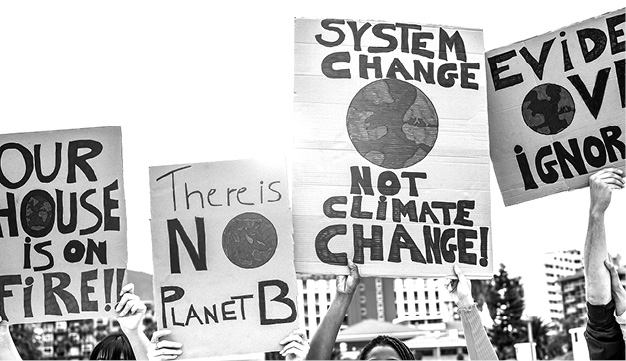LEARN THE IN-DEPTH CONCEPTS OF HUMAN RIGHTS-BASED APPROACH TO DEVELOPMENT, SOCIAL, ECONOMIC AND CLIMATE JUSTICE.
This course aims to introduce participants to the concepts of human rights, the human rights-based approach to development, social and economic justice, and climate justice as interrelated, interdependent, and inseparable factors that shape the welfare of people and the planet earth. It aims to increase your knowledge and skills in human rights programming in order to empower people living in poverty and exclusion to understand and assert their rights, as well as to change inequality narratives from the grassroots to the global level.
COURSE OUTCOMES
- Enhance your understanding of the human rights-based approach to programming with a clearer focus on the nexus between rights, climate justice, and socio-economic justice.
- Enhance your skills to effectively contribute to the global agenda on social and economic justice, climate justice, and human rights.
- Improve your paradigm shift and changes in your interventions, making them human rights-based.
WHAT YOU WILL LEARN
- Introduction to a rights-based approach to socio-economic justice, with a focus on the Human Rights Based Approach (HRBA), legal, political, and social perspectives on rights, justice, and equality.
- Understanding socio-economic justice through human rights in practise, with HRBA lenses looking at specific themes and rights such as poverty, gender, education, and socio-economic justice for marginalized groups.
- Climate justice through human rights in practise with HRBA lenses focusing on climate change as a human rights issue, environmental governance, the right to a clean and healthy environment, and the nexus between rights, climate, and wellbeing; Public interest litigation against pollution, the right to life, health, and development.
WHO THE COURSE IS FOR
Heads of Program, programme managers, coordinators, and those in charge of climate justice, environmental protection, social justice, human rights, and economic justice projects and programmes within the public and private sectors, the media, faith-based organizations, social activists, NGOs, CBOs, development agencies, and other CSO groups


